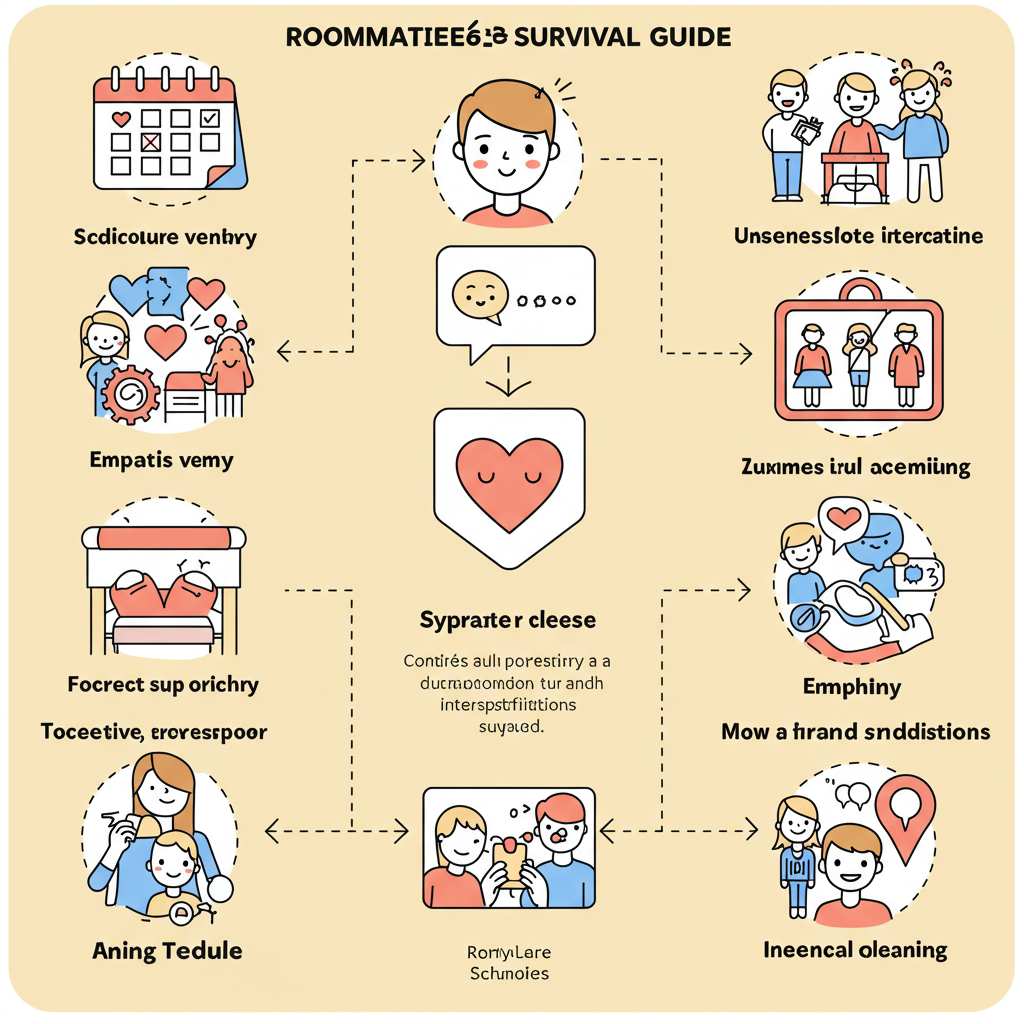AITAH for Telling My Roommate She Needs to Shower More Often or Move Out?
Living with roommates can be both a blessing and a curse. On one hand, it’s cheaper and sometimes fun. On the other—things like hygiene, cleanliness, and lifestyle differences can cause serious friction. Today’s AITAH scenario dives into a personal hygiene issue that’s gone from awkward to unbearable.
Is confronting a roommate about their hygiene an act of care—or just plain cruel?
The Backstory: A Stinky Situation

A 26-year-old Reddit user—we’ll call him Arjun—turned to r/AITAH with a dilemma that was both personal and pungent. Arjun lives in a shared apartment with his college friend Rhea, 25. They’ve been roommates for nearly a year, and things started off great—clean schedules, shared groceries, and a respectful co-living agreement.
But over the past few months, Arjun noticed a shift. Rhea stopped showering regularly. Clothes piled up. There was a persistent odor around the apartment. He initially let it go, thinking it might be due to stress or a bad week.
Then it turned into a bad month. And then two.
The Talk: “You Either Shower or You Move Out”

Arjun claims he tried to be polite. He lit scented candles. Opened windows. Washed shared spaces more often than his fair share. But the smell continued to affect his daily life. Friends stopped visiting. He was embarrassed during video calls. The tipping point? When a coworker asked if he was living near a garbage dump.
Finally, Arjun sat Rhea down and said, “I care about you, but this is becoming a problem. If you don’t start showering and doing laundry regularly, I’ll have to ask you to move out.”
Rhea was shocked—and furious. She accused Arjun of being insensitive, judgmental, and shallow. She said she was dealing with depression and that he should have approached the situation with more compassion.
Arjun felt guilty, but also helpless. He asked Reddit: AITAH for giving my roommate an ultimatum about showering?
Let’s Break It Down: Hygiene, Mental Health, and Shared Spaces

Why Arjun Might Be Justified
-
Shared living comes with shared standards: When you live with someone, your actions affect them. Poor hygiene doesn’t just stay in your room—it impacts air quality, comfort, and social dynamics.
-
Politeness has its limits: Arjun claims he gave subtle hints and cleaned more than his share before bringing up the issue directly.
-
Boundaries matter: Just like any relationship, roommateship requires boundaries. Living in a clean, odor-free space isn’t an outrageous request.
Why Rhea Might Deserve Compassion
-
Mental health struggles are real: Depression often leads to a decline in self-care routines. Rhea may be in a deeper emotional hole than she’s able to express.
-
Shame and confrontation don’t mix well: Being called out—especially about something sensitive like body odor—can feel humiliating. Rhea may have felt attacked rather than supported.
-
She may have needed help, not an ultimatum: What if instead of “shower or move out,” Arjun said, “I’ve noticed you’re not yourself lately—do you want to talk or get some help?”
What Reddit Had to Say

The AITAH community had strong opinions on this one.
Top comment: “NTA (Not The Villain). You’re not obligated to suffer in silence because someone else is struggling.”
Others chimed in saying that Arjun could have approached it better—but that Rhea also had a responsibility to communicate if she was unwell.
A few mental health advocates suggested compromise: offer help or resources before giving ultimatums, especially if depression is involved.
A common theme: It’s okay to set boundaries—but lead with empathy when possible.
Lessons from the Smelly Side of Roommateship

Living with someone means being part of their life—and sometimes, part of their struggles. But where do you draw the line between compassion and your own comfort?
For Roommates Dealing with Similar Issues:
-
Document before acting: Keep a mental log of when things started to slip.
-
Communicate clearly, not cruelly: Use “I” statements. For example: “I’ve been feeling uncomfortable at home because of the smell.”
-
Offer support, not shame: Ask if something deeper might be going on. A little compassion can go a long way.
-
Know when to escalate: If the situation doesn’t improve and affects your health or lifestyle, it’s okay to set consequences.
The Verdict: NTA, But Could’ve Handled It Better

Most Redditors agreed that Arjun wasn’t wrong for wanting a clean home. His frustration was valid. However, his delivery lacked tact. When someone may be struggling with mental health, even the right message can feel like a punch when delivered the wrong way.
Empathy and boundaries can—and should—coexist. The challenge is finding the balance.



